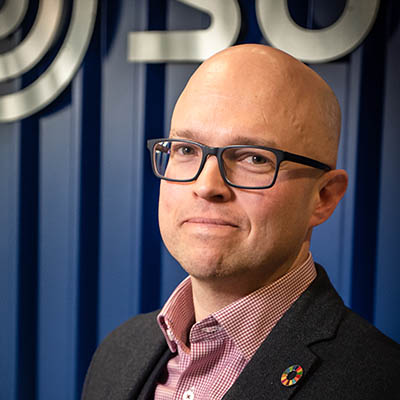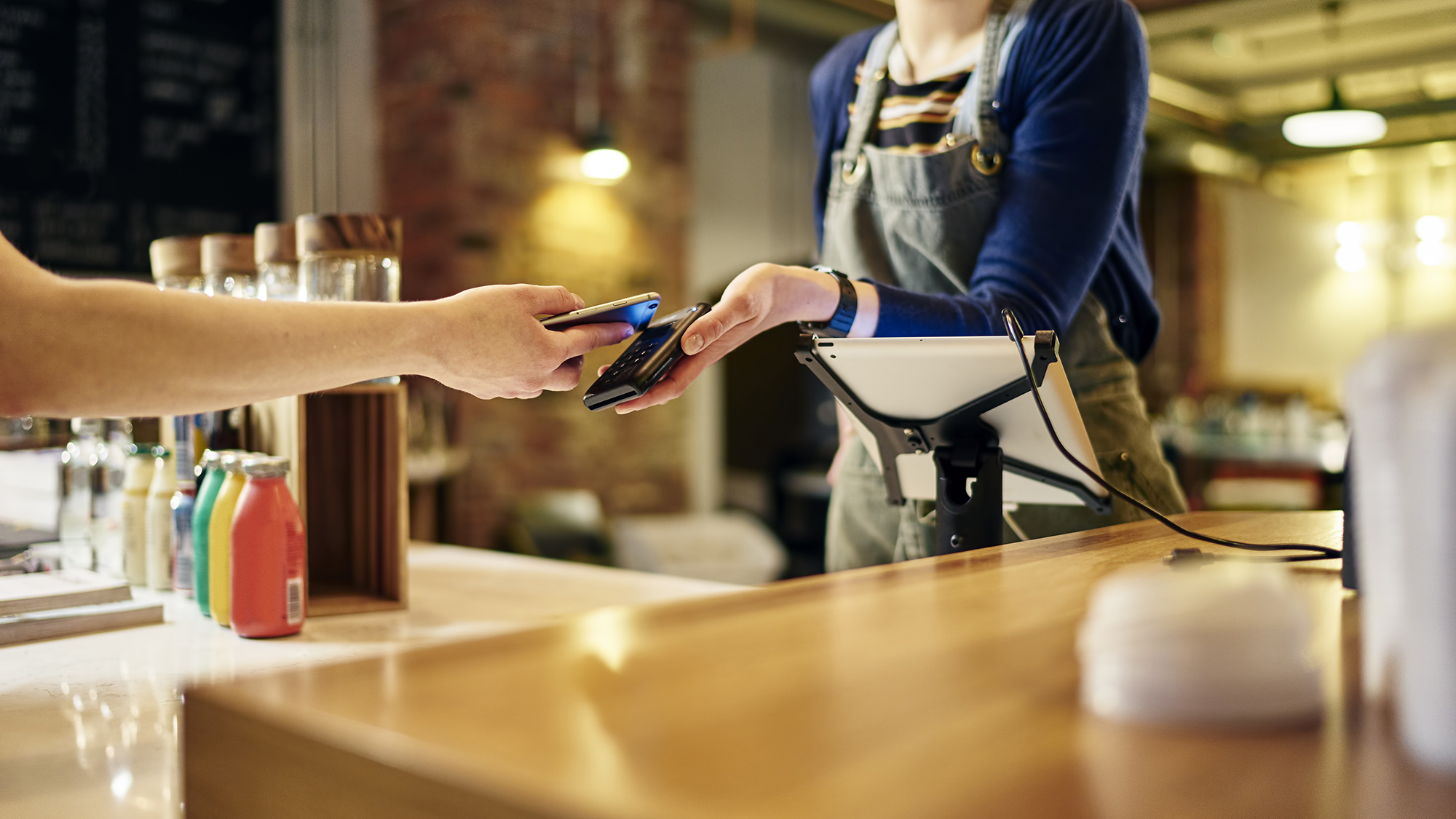Sustainability is good business

Pressure on retail and hospitality sectors is mounting
There is little doubt that the COVID-19 pandemic has tested the resilience of UK businesses in all sectors. Business face dealing with front line staff absences, increasing service demand – online retail and waste management for example – and the furloughing of staff with uncertainty about their return to work. Not to mention the impending closure of many retailers, cafés and hospitality businesses in the coming months as lockdown restrictions take hold once again. With many pressures and priorities competing for the attention of business owners right now, is sustainability something they think about? Or are they waiting for legislation changes to guide their decision making.
Impact of extended producer responsibility legislation
The planned revolution in producer responsibility legislation will drive new forms of packaging design, with increased recycled content, improved ease of recycling, and more uniformity in packaging and local collection systems to enable materials to be readily harvested from the kerbside and returned to the economy without leakage (litter) or loss (contamination).
This legislation will be in place within the next 18 months and will impact all businesses who buy stuff and produce waste. In future, your packaging wastes will be a valuable commodity if kept clean and separate and you should get an income from it. This is because the demand from ‘brands’ to get their materials back to meet recycled content requirements will increase.
The collection solutions on offer will also change as business waste gets treated the same as the waste and recycling collected from homes. Therefore, many businesses will be able to access more source segregated collections for their primary recyclable materials (glass, plastics, paper, card and metals), which should empower many small businesses to change the services they buy and the storage they need onsite.
From 2023, it is likely that all businesses will also have to have their food waste collected separately for reprocessing as part of the government’s commitment to climate change. So, are you ready for this and open to the opportunities which will present to you?
What can your business do today to ensure you are still viable in the coming years?
Being sustainable, means being resilient, and being adaptable as a business. It also means recognising the social, economic and environmental impacts and benefits of what you do and your influence on your customers and your supply chain. Long term, as the circular economy takes hold, businesses will no longer rely on the make, use and discard model of consumption. Increasingly we will rent services, return products and get items repaired or reused to extend their life and reduce their environmental impact.
The opportunities for new skills, new solutions and new businesses models is significant. Many businesses are already ploughing ahead with environmentally beneficial and socially enhanced offerings – think Ricoh and their refurb programme for printers, look at MUD Jeans and their lifetime ownership model with repairs and returns included and consider the Loop Retail platform where you buy products in returnable packaging. All are innovators in their fields and are helping to take us one step closer to the circular economy.
But what can you do with your waste in the meantime?
- Work with your waste suppliers to understand your baseline. What are you producing, what is the composition, is there a seasonality that needs to be considered?
- Assess the service you have against your business goals. Is it meeting your environmental, social and economic criteria now and in the short term?
- Discuss opportunities to change suppliers to help reduce your waste, or to improve the ownership of that waste through leasing systems.
- Talk to other businesses in your sector about the customer pressures they are experiencing. Get an insight about the likely policy, legislation, regulation changes that might impact your business in the medium term.
- Plan for how your business will adapt to the changing regulatory/legislative regime, and test new business models with your supply chain/contractors/customers.
If you are using quality companies to support you during this period of discovery and assessment, then there is a good chance you will come out the other end well prepared to face the challenges head on. You will be a sustainable business, one that thrives under the new regime, one that is liked by its customers and respected by its suppliers.
Turbulent but exciting times ahead
Clearly, there is a lot of change ahead, with BREXIT looming, COVID-19 still dominating decisions, and significant changes in customer demands and expected policy reforms. These challenges are equally daunting and exciting. If planned for, they could provide a great opportunity for your business to innovate, to adapt, to embrace new business models and to change the services you procure and from who you buy.
As part of the journey, SUEZ is working with their customers to help them understand their baseline, to track new policy, and consider the implications of materials changes, regulatory reforms and consumer demands. We would welcome the opportunity to discuss your current needs, but more important your medium-term strategy and targets, so please get in touch.
Upskill yourself for free!
In the meantime, you can track what is happening and upskill yourself through relevant trade bodies, professional bodies and online debates, so embrace the opportunities to do so. SUEZ continues to publish blogs, host webinars and publish white papers on the big issues affecting our business and our customers.
Remember, time stands still for no one, and for businesses to be sustainable they must act, and act soon – but you knew that, didn’t you?
